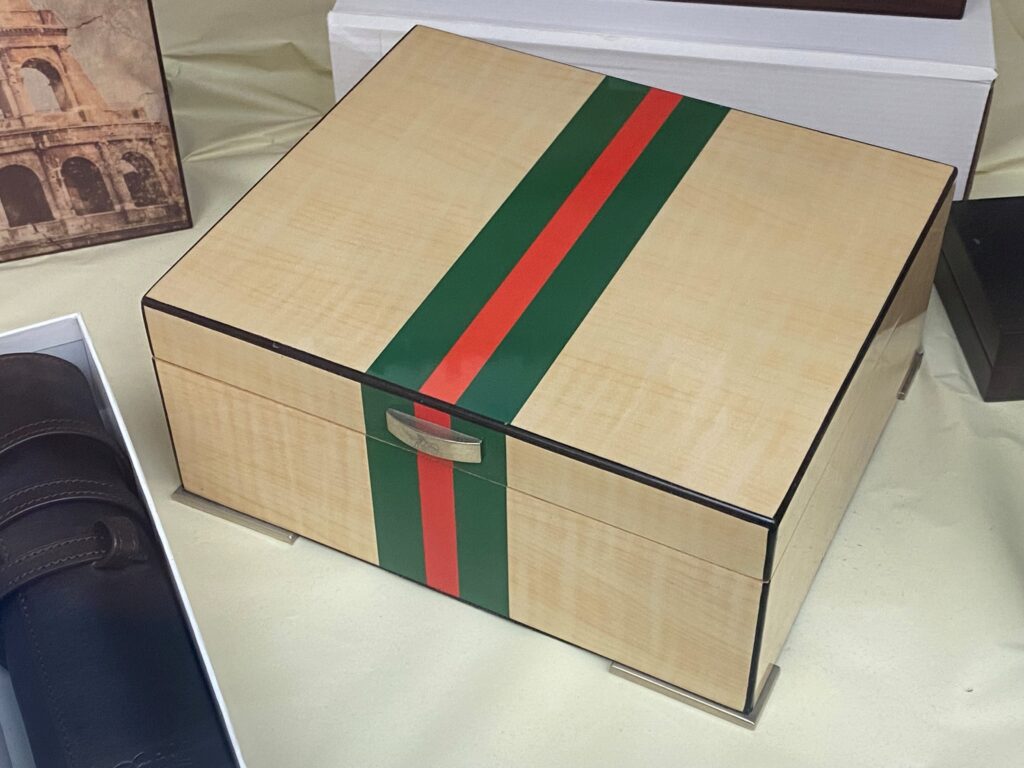Heidi Specker
liftvan Triest

Heidi Specker, Triest, 2025, poster, 50 x 70 cm (courtesy the artist)
From 2 October to 12 November 2025, Trieste Contemporanea will host the show Liftvan Triest by the German artist Heidi Specker. The exhibition, in via del Monte 2/1, pays tribute to the life and work of Aenne Biermann (1898–1933), one of the most important figures in German photography of the 1920s. The result of in-depth artistic and historical research, this show revolves around two symbolic places: Gera, where Biermann lived, and Trieste, chosen as the exhibition venue for its significance. In fact, after the photographer’s death, the Nazis in Trieste confiscated a container holding thousands of Aenne’s negatives, which had been saved by her husband to be shipped to Palestine. The negatives were never recovered—hence the title Liftvan Triest. Heidi Specker creates an artistic dialogue on photography itself and material loss. Additional photographs, which expand the scope for this exhibition were taken in Trieste during the winter of 2024 and in the summer of 2025 in Vienna. The exhibition will open on 2 October at 6 pm with an introduction by art historian Claudia Tittel and a conversation with the artist.
Liftvan Triest, on display in Trieste, is the second part of an artistic project conceived by Heidi Specker, on the liftvan holding Bierman’s negatives during the Second World War: which never reached its destination. A first exhibition, Amnesia Gera, was held in Gera (Germany) from October 25, 2024, to January 5, 2025, and, following the Trieste exhibition, a third and finishing show will be in Leipzig (Germany).
The exhibition in Trieste is realized with the support of the Deutsche Akademie Rom Villa Massimo.
An exhibition booklet will be co-published by Trieste Contemporanea and the Berlin-based publisher Argobooks.
Specker’s invitation is to reflect on memory, identity and cultural survival through photographic art and historical testimony. To this invitation will follow at the end of the exhibition a discussion on the topic of the European Jewish emigration from the port of Trieste. Invited historians are expected to include Daria Brasca, author of one of the works of the HERA project TransCultAA, the essay The Goods of Jewish Emigrants in the Trieste Free Port during the Second World War (2022).
Aenne Biermann (1898–1933, Goch, Germany) moved to Gera, her husband’s hometown, in 1920, where she discovered her passion for photography. She began by photographing family and friends, then turned her lens toward the world around her. Entirely self-taught, she developed a personal style and became one of the leading figures of German avant-garde photography within just a few years. She produced around 4,000 negatives. She died prematurely in 1933, just before the rise of Nazism. In 1940, her family fled to Palestine, but her negatives disappeared in Triest. Today, Biermann is recognized as one of the most important voices in 1920s photography, and her works are held in major international collections.
Heidi Specker (born 1962, Damme, Germany) lives and works in Berlin. In 2010, she was awarded the Rome Villa Massimo Prize, conferred by the German Academy Rome Villa Massimo and she is teaching as a Professor Photography at the Academy of Fine Arts in Leipzig. Over the years, her work has been exhibited at the Sprengel Museum in Hannover, the Pinakothek der Moderne in Munich, the Berlinische Galerie in Berlin, the Fotohof in Salzburg, and Camera Austria in Graz. In 2024, she exhibited at the Centre Pompidou in the context of Moi Wer (a jewish photographer and painter, 1904-1995) in Paris and at the Neue Galerie für Zeitgenössische Kunst in Gera with the exhibition Amnesia Gera, curated by Claudia Tittel. Her works are included in numerous art collections, including: Kunsthalle Bonn; Sprengel Museum, Hannover; Pinakothek der Moderne, Munich; Berlinische Galerie, Berlin; Galerie für Zeitgenössische Kunst, Leipzig; the Centre Pompidou, Paris.
Claudia Tittel (born 1973, Jena, Germany) is a freelance curator and cultural manager. She studied art history and cultural studies at Humboldt University in Berlin and at the University of Paris I – Panthéon Sorbonne. She has curated numerous exhibitions in Germany and abroad, including: Migration der Dinge at Belvedere Castle, Weimar (2017); POLYPHON(E). Polyphony in Image and Sound at the Kunstsammlung in Gera and the Museum für Angewandte Kunst, Gera (2021), and the Paul Éluard Museum of Art and History, Saint-Denis (2022); Amnesia Gera at the Neue Galerie für Zeitgenössische Kunst, Gera (2024) and EVERYTHING IS INTERACTION, Chemnitz, European Capital of Culture (2025). Since 2017 she has co-managed the Kulturhaus Häselburg in Gera with her husband, and since 2019 she has been committed to promoting the artistic work of Aenne Biermann.
